Chinese Pantheon
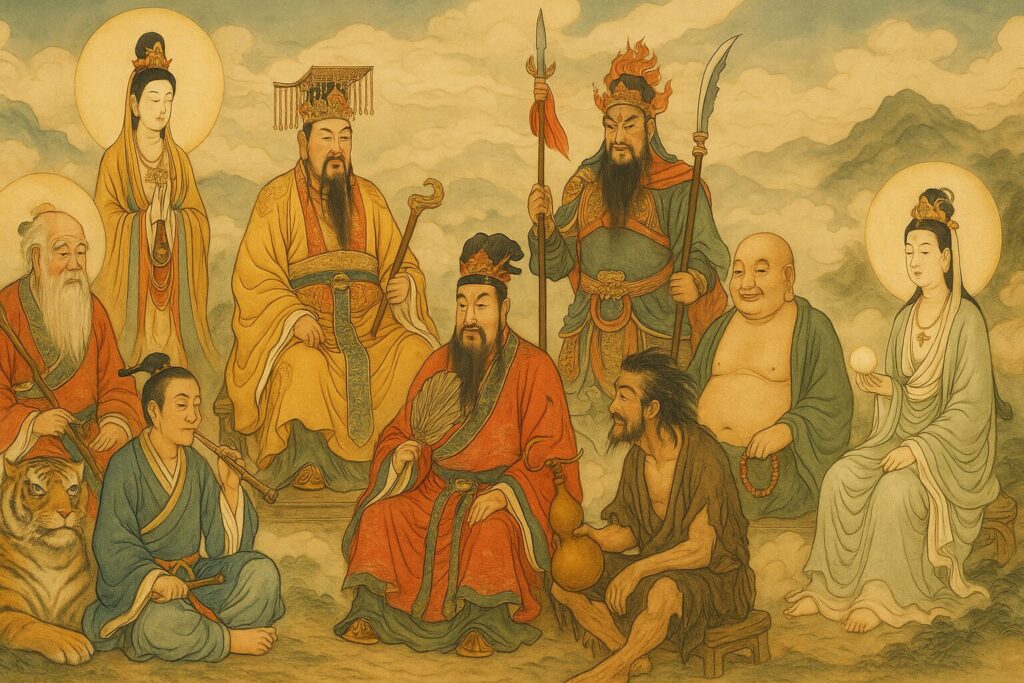
The Chinese Pantheon
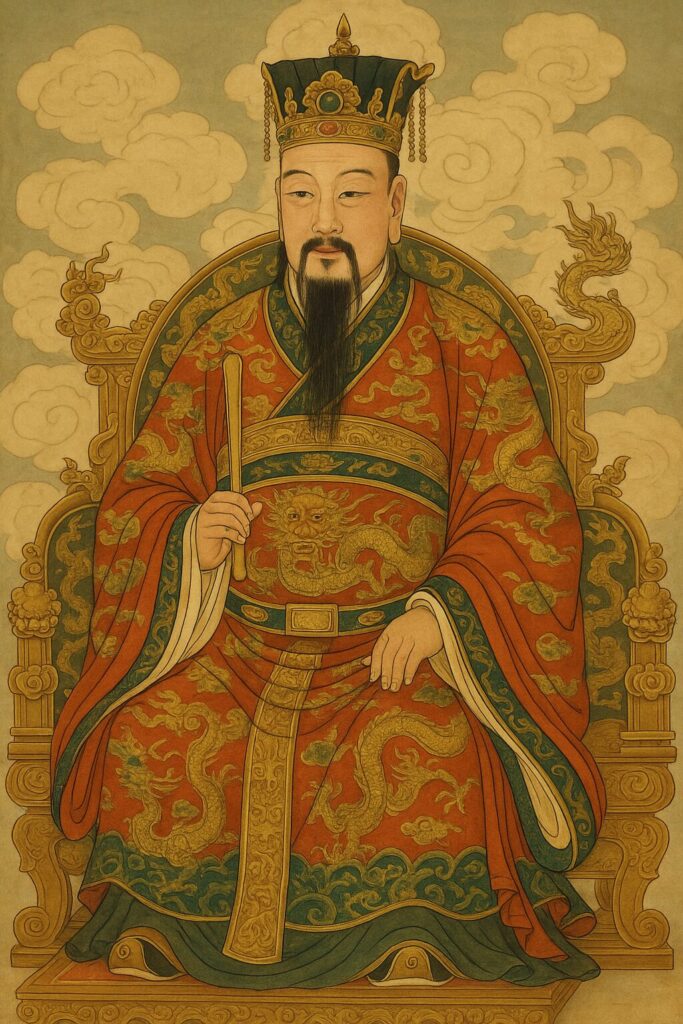
Ju Huang
The Supreme Ruler God of Heaven rules over heaven, earth, and the underworld. He is a just and wise ruler, overseeing both divine beings and mortal affairs. He is also the head of the celestial bureaucracy, which mirrors the imperial government of China. The Chinese New Year celebrations often honor him as a deity of prosperity and protection.
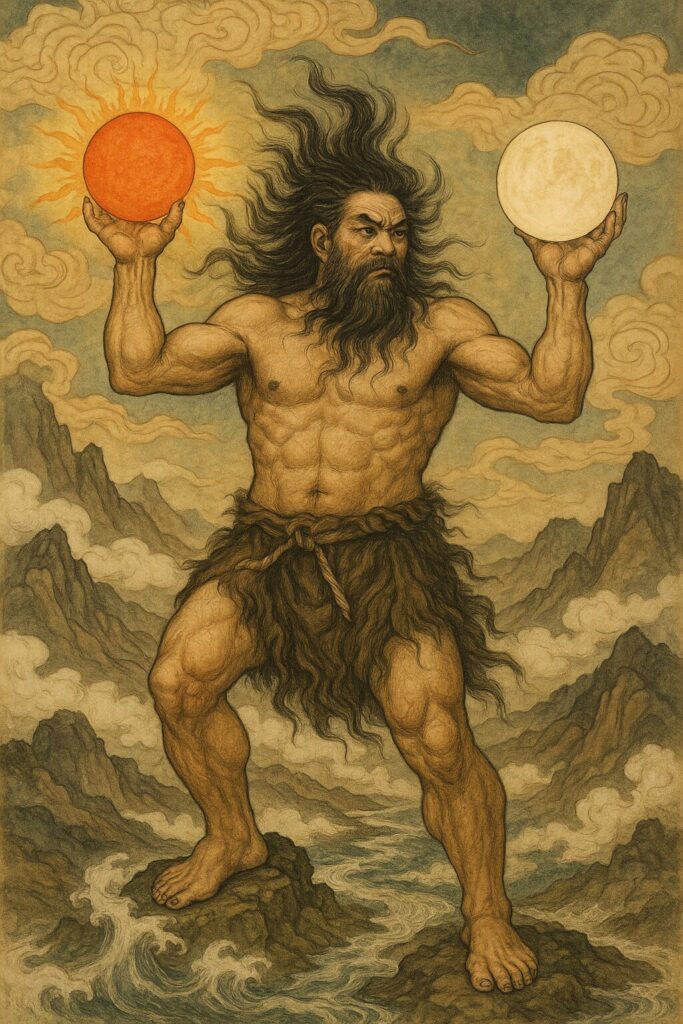
Pangu
The Creator God is responsible for shaping the universe. He hatched from a cosmic egg, and as he grew, he separated Yin (earth) and Yang (heaven), holding them apart until he perished. His body transformed into the elements of nature—his eyes became the sun and moon, his breath the wind, and his blood the rivers.
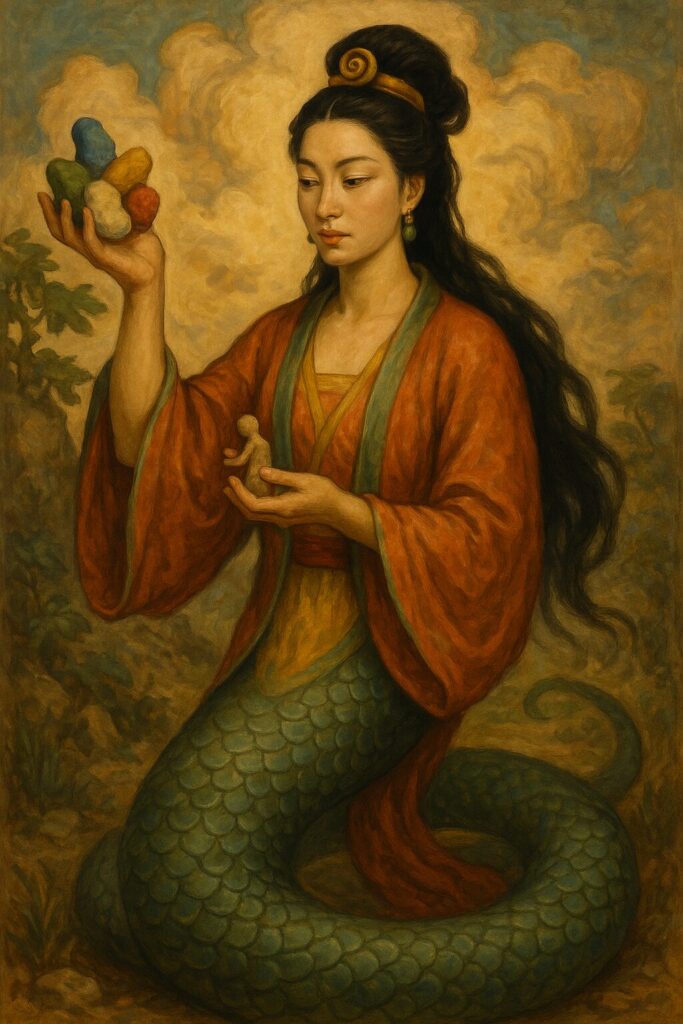
Nuwa
The Goddess of Creation and Humanity who created the first humans from clay. She also repaired the sky after it was broken by cosmic chaos, using five-colored stones to restore balance. She is often depicted as a serpent-bodied goddess, emphasizing her connection to nature and transformation.
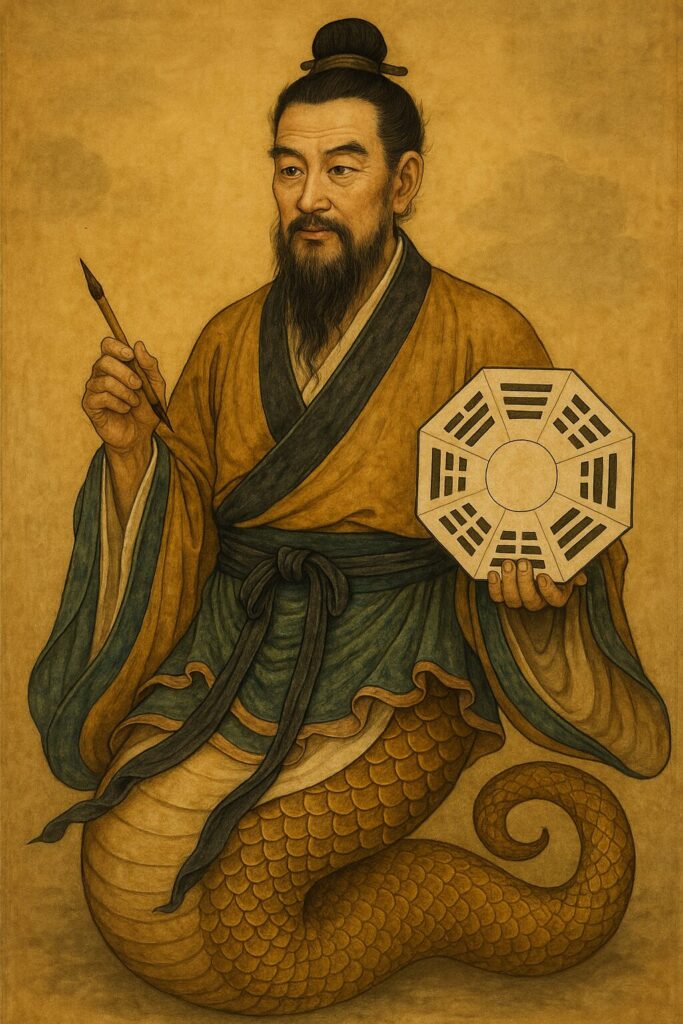
Fuxi
The God of Civilization and Knowledge is the brother and husband of Nuwa and is considered the father of civilization. He taught humanity writing, fishing, hunting, and the concept of marriage. He is also credited with creating the Bagua (Eight Trigrams), which form the foundation of Taoist divination and the I Ching (Book of Changes).
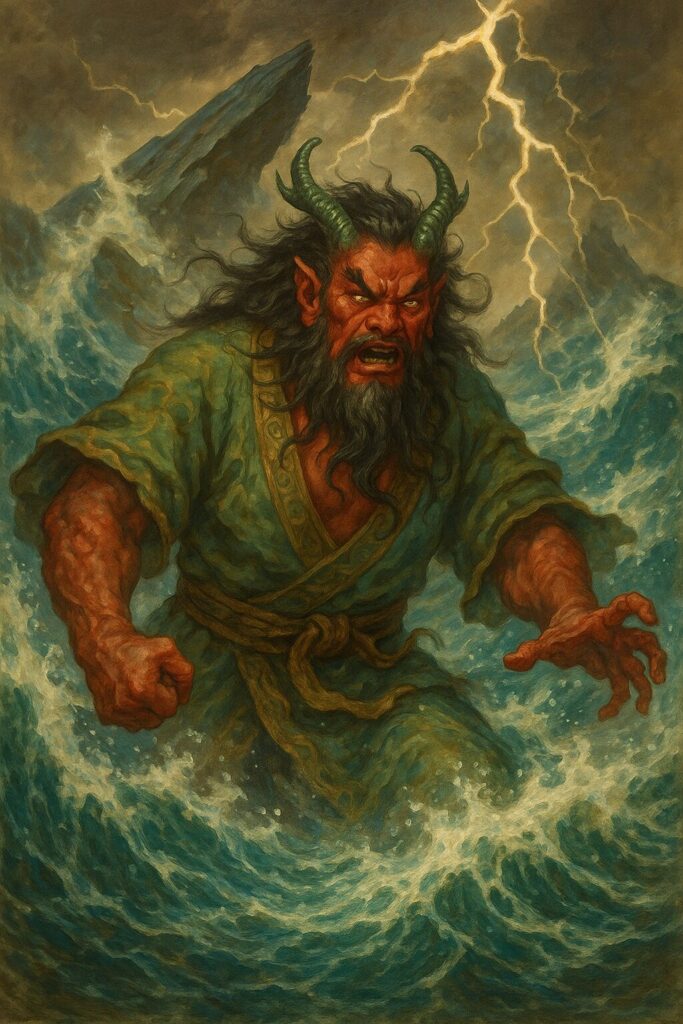
Gonggong
The God of Water and Chaos is a water deity associated with floods and destruction. In one myth, he becomes enraged and knocks over Mount Buzhou, one of the pillars of heaven, causing a catastrophic flood. His rivalry with other gods symbolizes the struggle between order and chaos.
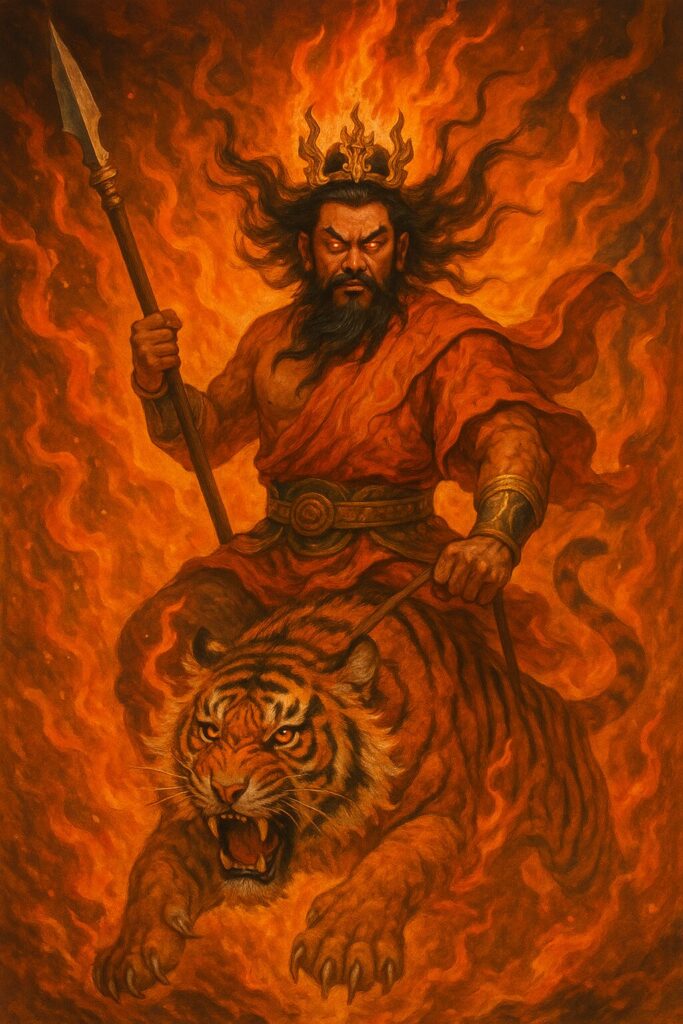
Zhurong
The God of Fire is a fiery warrior riding a tiger. He is known for his battle against Gonggong, defeating him to restore order. He is associated with warmth, energy, and justice, and he governs fire and the sun.
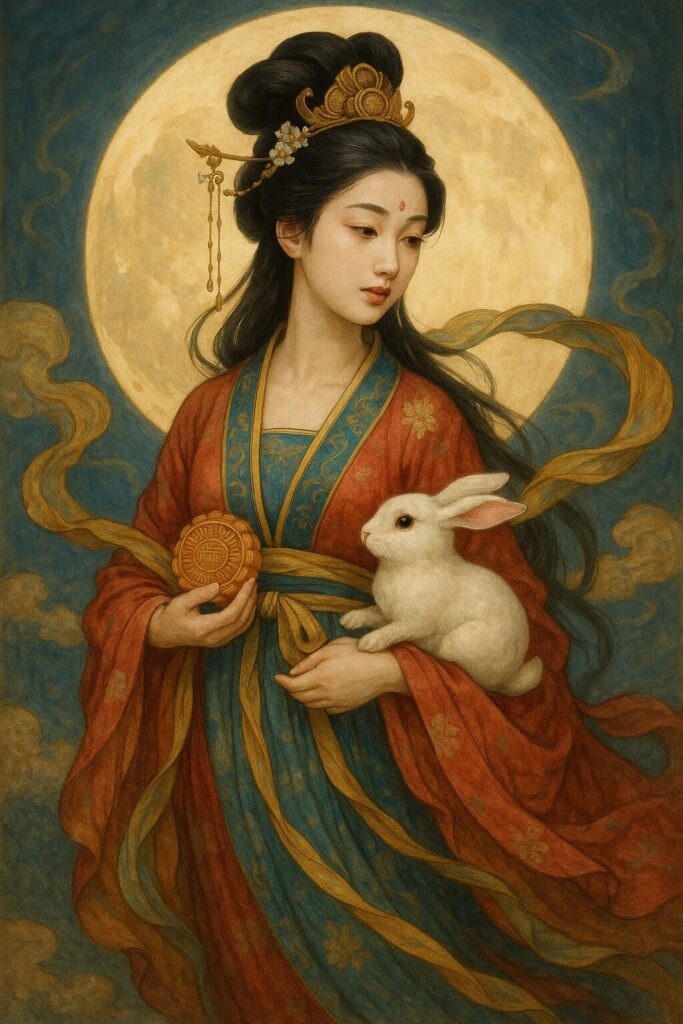
Chang’e
The Goddess of the Moon is known for drinking the elixir of immortality and ascending to the moon, where she lives with the Jade Rabbit. She is a popular figure in Chinese mythology, especially during the Mid-Autumn Festival, when people offer her mooncakes as a tribute.
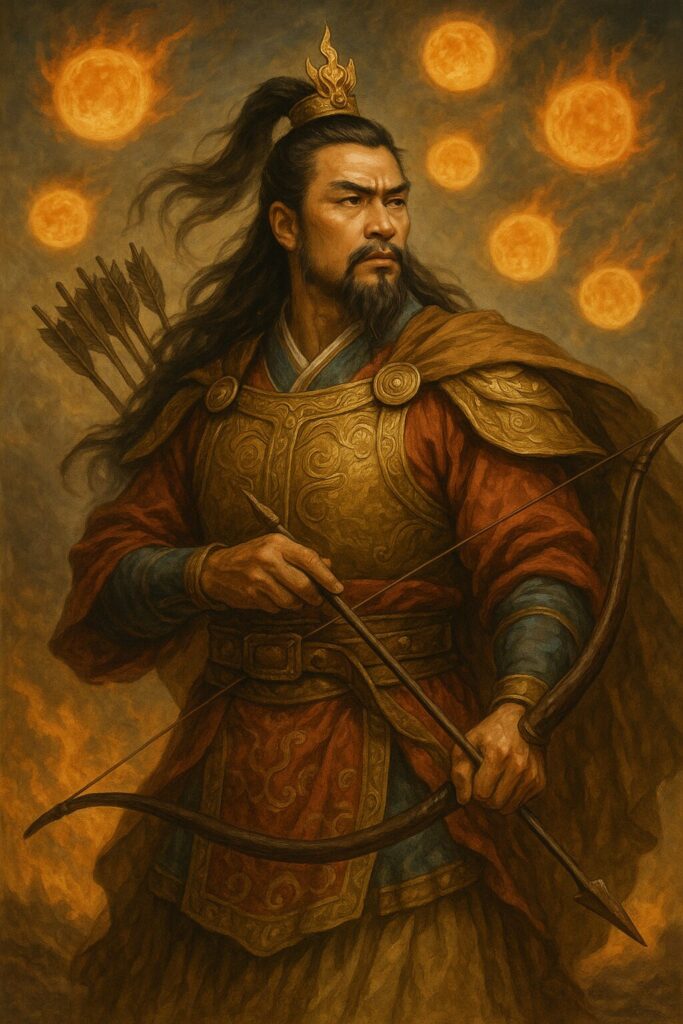
Houyi
The God of Archery is known for shooting down nine of the ten suns that were scorching the earth. He is Chang’e’s husband, and his myth is closely tied to immortality and sacrifice. Some versions of the legend depict him as a tragic hero who lost his wife after she took the elixir of immortality.
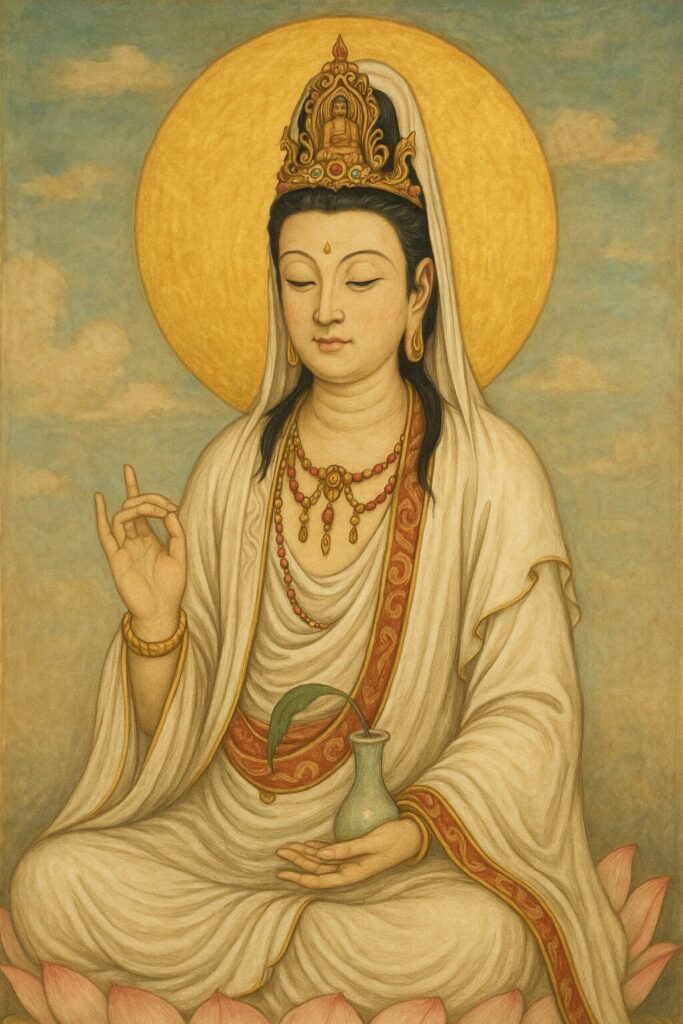
Guanyin
The Goddess of Mercy and Compassion is one of the most beloved deities. She is seen as a protector of children, sailors, and those in distress.
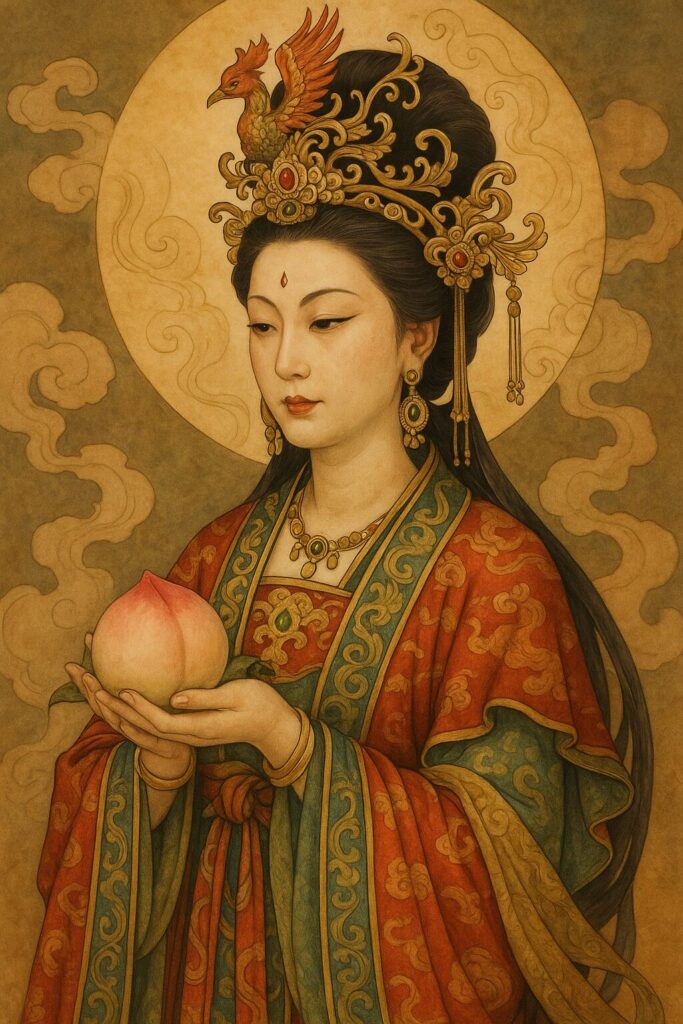
Xiwangmu
The Queen Mother of the West is a powerful goddess who rules over the western paradise, known as Kunlun Mountain. She possesses peaches of immortality, which she gives to worthy gods and heroes. She is associated with longevity, wisdom, and cosmic balance, and is often depicted as a regal woman with a phoenix headdress.
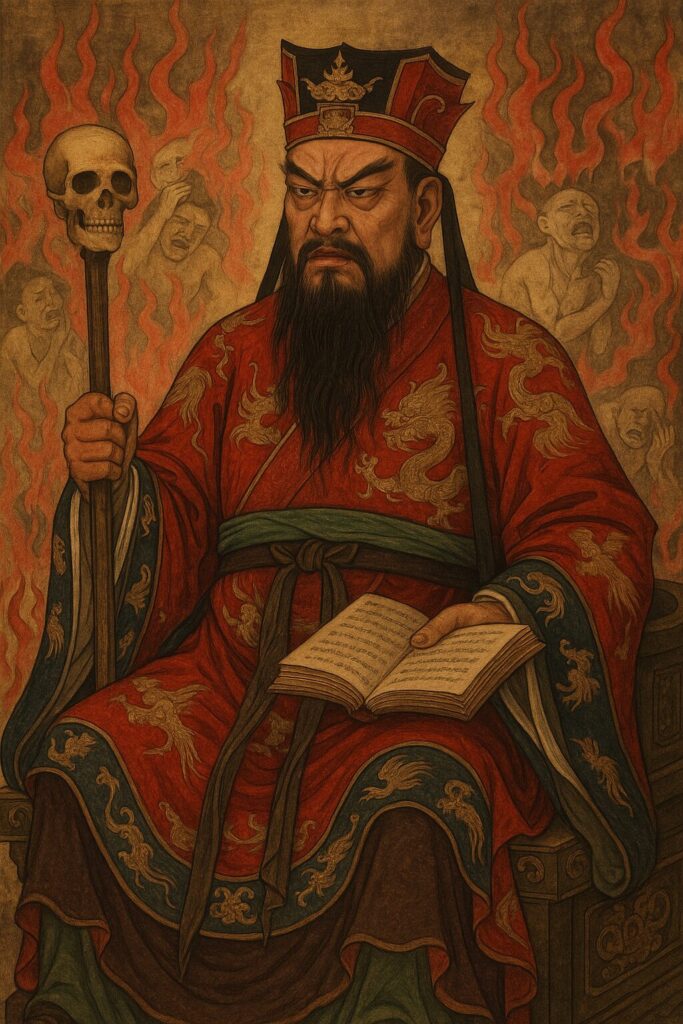
Yan Wang (Yama)
The King of the Underworld, also called Yanluo Wang, is the ruler of Diyu. He is responsible for judging the souls of the dead and determining their fate. Unlike the Western concept of hell, Diyu consists of multiple levels, where souls are punished or purified before reincarnation.
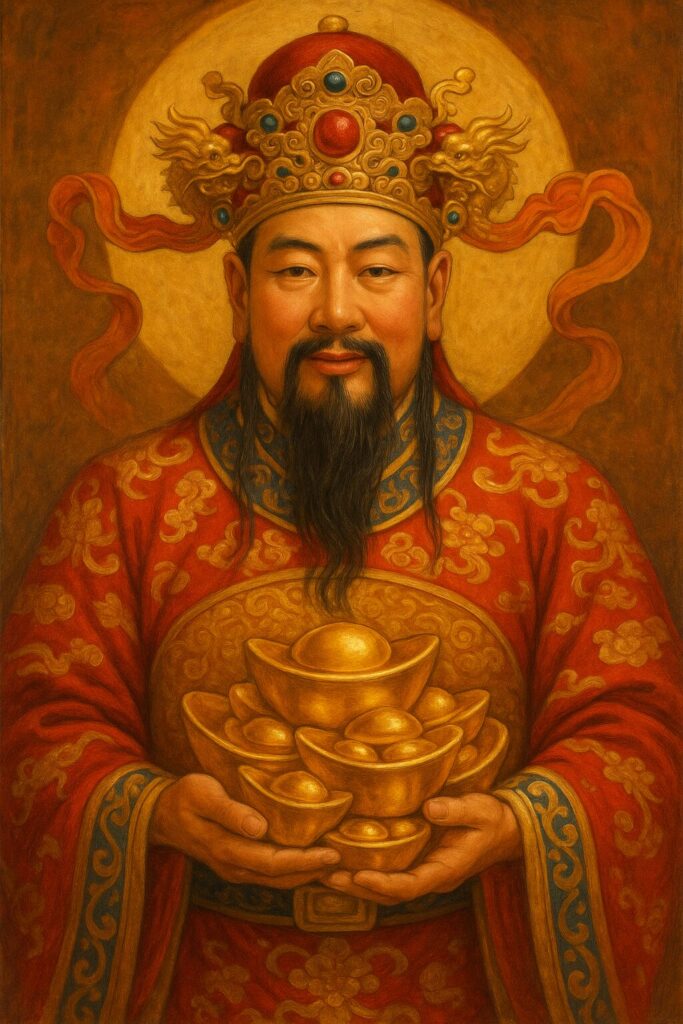
Caishen
The God of Wealth and Prosperity is the god of wealth and good fortune, widely worshipped in Chinese New Year celebrations. He is depicted as a nobleman carrying gold ingots, and his blessings are sought by merchants and businesspeople. His worship remains popular in modern Chinese culture.
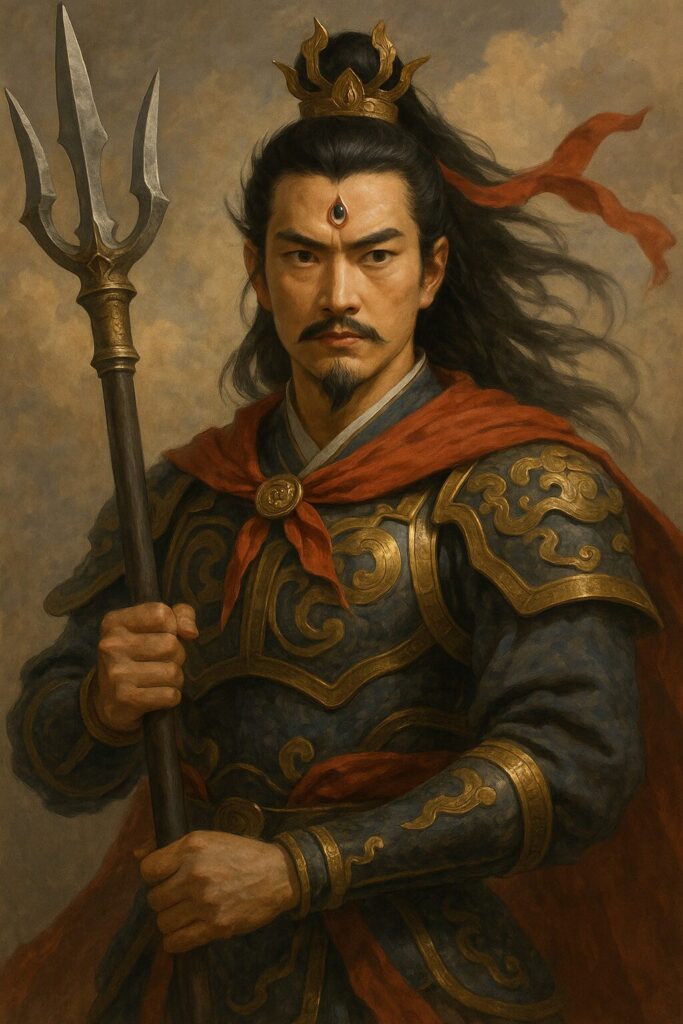
Erlang Shen
The Warrior God with the Third Eye is a heroic warrior deity known for his third eye, which allows him to see through deception. He is often depicted as a young man wielding a three-pronged spear, and he is famous for subduing demons, including fighting the Monkey King (Sun Wukong) in “Journey to the West.”
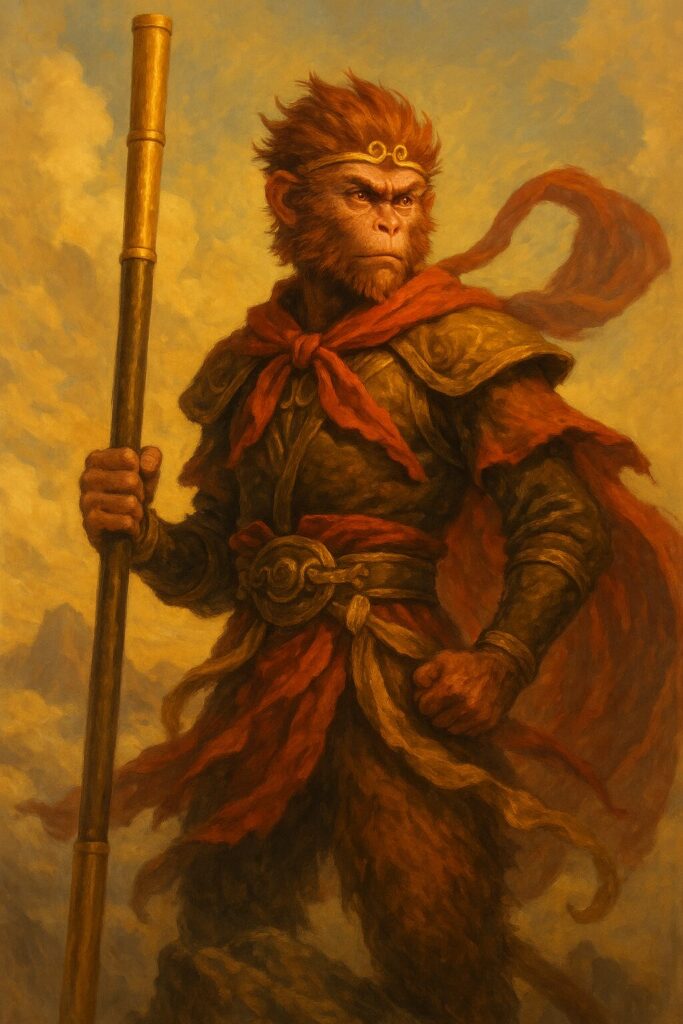
Sun Wukong
The Monkey King is known for his superhuman strength, transformation abilities, and magical staff (Ruyi Jingu Bang). Though originally a trickster, he achieves enlightenment and becomes a loyal disciple in “Journey to the West.” His character symbolizes rebellion, perseverance, and self-improvement.
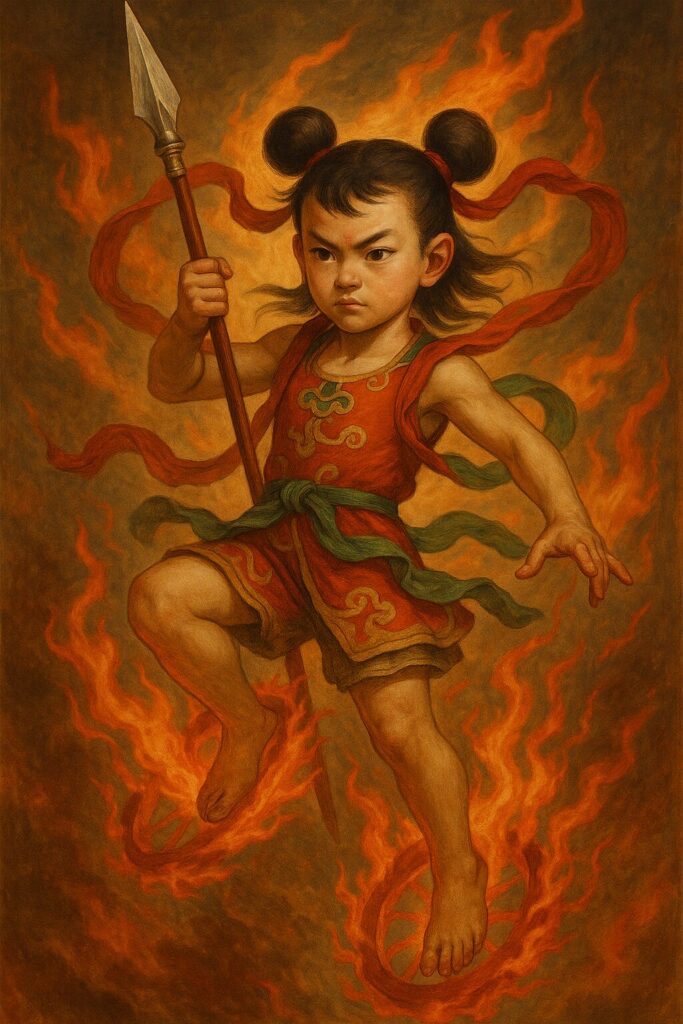
Nezha
The Child Warrior God is a youthful warrior deity, famous for his flaming wheels and spear. He was born as a divine child with great power, but after causing destruction, he sacrificed himself to atone for his actions. He later resurrected himself and fought against evil forces, becoming a protector of the innocent.
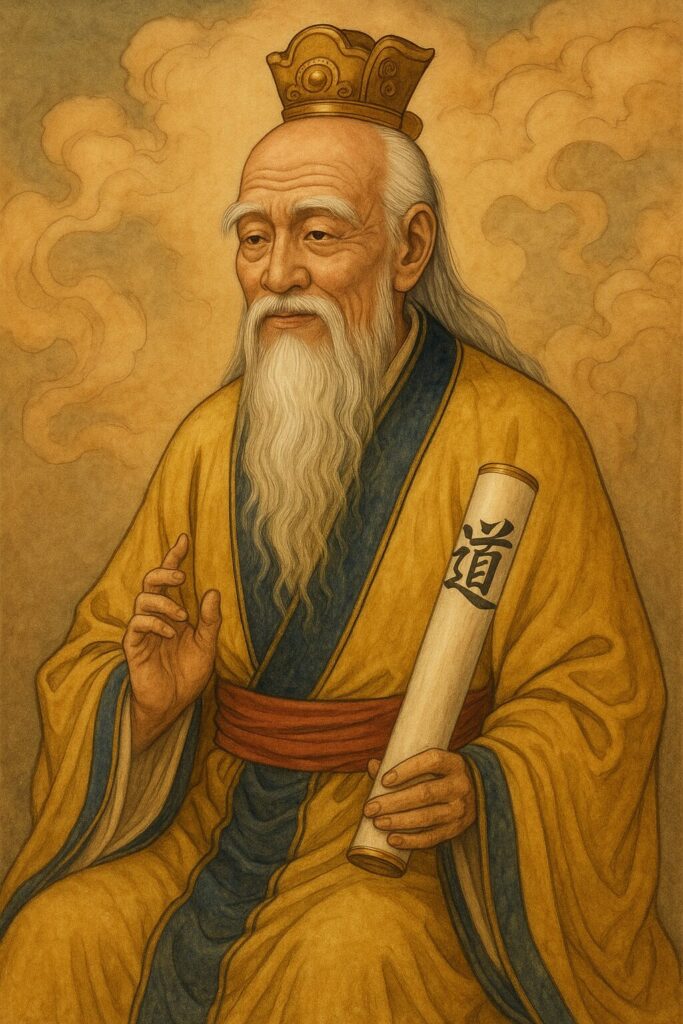
Taishang Laojun (Laozi)
The Supreme Elder Lord is an immortal sage. He is regarded as a wise and enlightened god, often portrayed as an elderly man with a long white beard, holding the Dao (Tao) scrolls. He is a symbol of wisdom, harmony, and the Dao (the Way).